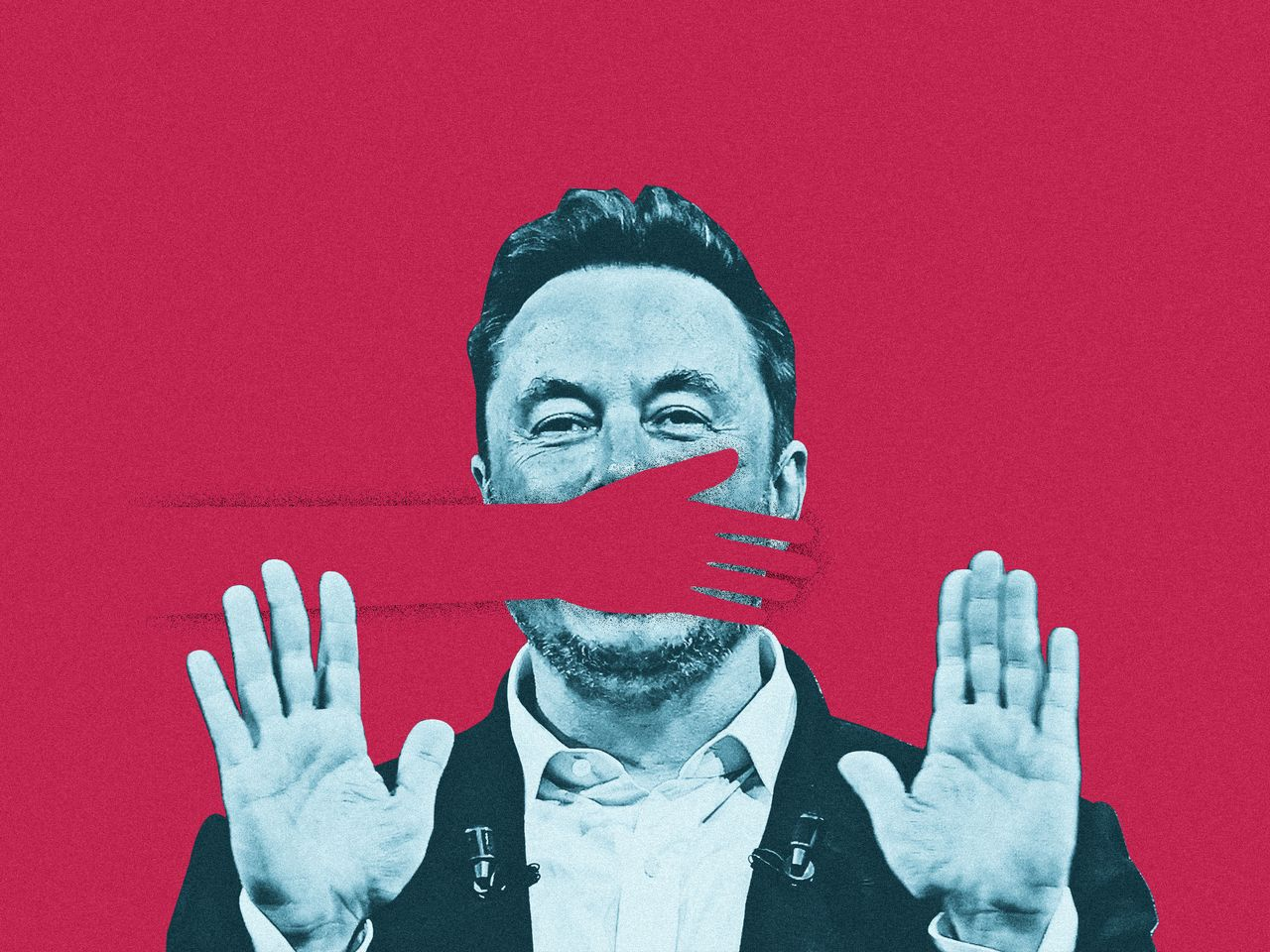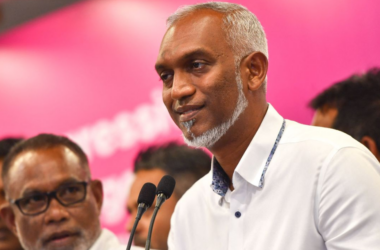The recent suggestion by former Twitter executive Bruce Daisley to potentially arrest Elon Musk for his online comments is a concerning indication of the UK government’s increasing encroachment on free speech. Daisley, who once served as Twitter’s vice-president for Europe, Middle East, and Africa, argues that tech billionaires like Musk should face “personal sanctions” and even arrest if their actions on social media are deemed to incite public disorder. However, this call for action not only threatens the principles of free speech but also sets a dangerous precedent for stifling dissenting voices.
The UK’s government, under Prime Minister Keir Starmer, has been pushing for more stringent online safety laws in the wake of recent unrest. Following a tragic event in Southport, where three young girls were fatally stabbed, social media platforms were blamed for spreading misinformation about the incident. In response, the government has been cracking down on online content, targeting those they believe are inciting violence. Musk, for instance, was criticized for a post suggesting that “civil war is inevitable” in the UK—a statement the government has labeled as “unacceptable.”
Daisley’s proposal to “beef up” online safety laws and hold tech executives personally liable for the content on their platforms reflects a growing desire among some in the UK to control the narrative on social media. By comparing Musk to an “unaccountable oligarch,” Daisley paints a picture of a billionaire recklessly endangering society with his words. But this characterization overlooks the fundamental right to free speech—a right that should be protected, not curtailed, even in the digital age.
The idea of issuing an arrest warrant for Musk, simply because his comments are provocative or controversial, is a slippery slope. It opens the door for governments to silence individuals who challenge the status quo or criticize those in power. Free speech is not only about protecting agreeable or popular opinions but also about defending the right to express dissenting or unpopular views. Musk’s statements, while perhaps inflammatory to some, are a form of expression that should not be met with the threat of imprisonment.
Moreover, the notion that tech companies like X (formerly Twitter) should be subject to increased government regulation raises concerns about censorship. While Daisley argues that the Online Safety Act 2023 should be strengthened, this approach risks giving the government too much power to determine what is and isn’t permissible online. The potential for abuse is significant, particularly when the government could use these laws to suppress opposition or silence criticism.
The emphasis on holding tech billionaires accountable also diverts attention from the broader issue of how free speech is managed in a democratic society. The internet has become the new public square, and in this space, a diversity of opinions should be allowed to flourish. The call to deplatform certain voices, like that of Tommy Robinson, underlines the dangers of selective censorship—a tool that can easily be weaponized against any individual or group that the government deems problematic.
Critics like Daisley argue that the motivations behind tech companies’ defense of free speech are financial rather than principled. However, this perspective oversimplifies a complex issue. Free speech is a cornerstone of democratic societies, and while tech companies are certainly motivated by profit, their platforms also provide a vital space for open discourse. The solution to problematic speech is not to silence it but to engage with it, debate it, and, where necessary, counter it with facts and reason.
The suggestion to arrest Elon Musk for his comments on social media is an alarming overreach by the UK government and its proponents. Such measures threaten to erode the very foundations of free speech and set a precedent for increased censorship and control over public discourse. Instead of tightening the noose around online speech, the focus should be on protecting the right to express diverse opinions, even those that challenge the prevailing narrative. Free speech, after all, is not just a right—it is a necessary component of any healthy, functioning democracy.








